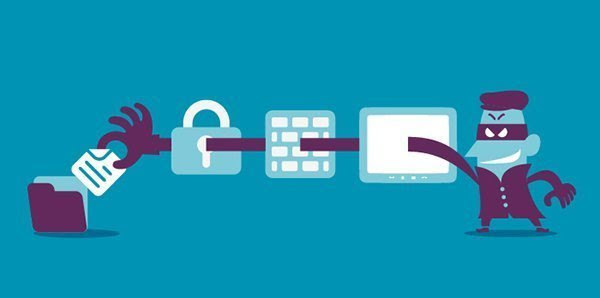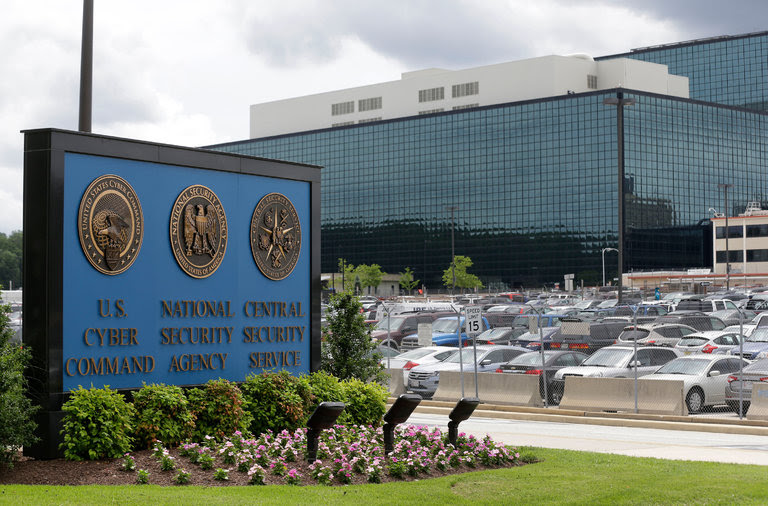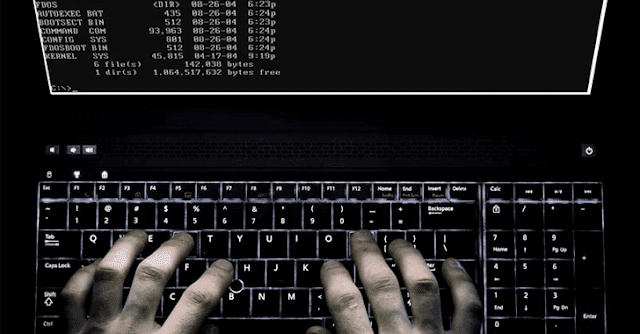
The hackers appear to have targeted the contractor after identifying the files through the contractor’s use of a popular antivirus software made by Russia-based Kaspersky Lab, these people said.
The theft, which hasn’t been disclosed, is considered by experts to be one of the most significant security breaches in recent years. It offers a rare glimpse into how the intelligence community thinks Russian intelligence exploits a widely available commercial software product to spy on the U.S.

The stolen material included details about how the NSA penetrates foreign computer networks, the computer code it uses for such spying and how it defends networks inside the U.S., these people said.
Having such information could give the Russian government information on how to protect its own networks, making it more difficult for the NSA to conduct its work. It also could give the Russians methods to infiltrate the networks of the U.S. and other nations, these people said.

The revelation comes as concern over Russian infiltration of American computer networks and social media platforms is growing amid a U.S. special counsel’s investigation into whether Donald Trump’s presidential campaign sought or received assistance from the Russian government. Trump denies any impropriety and has called the matter a “witch hunt.”


No comments:
Post a Comment